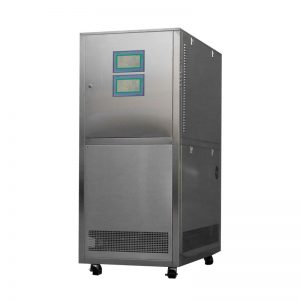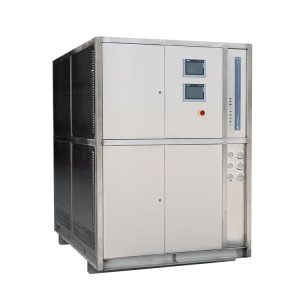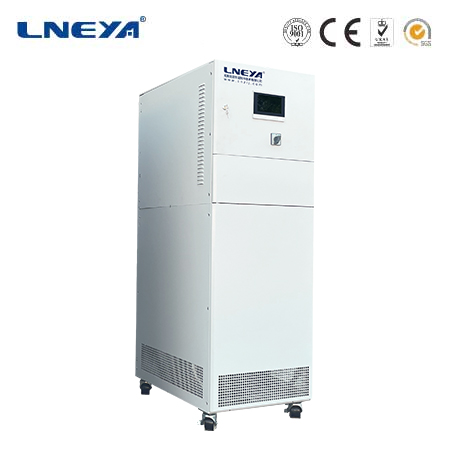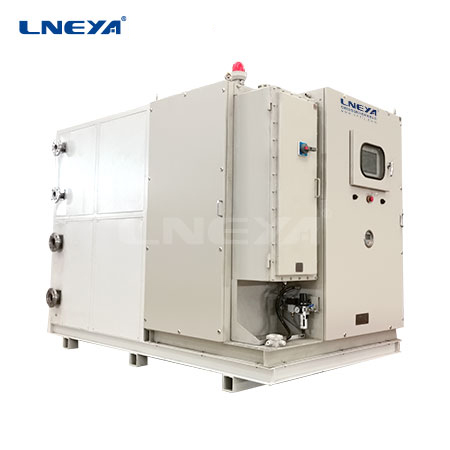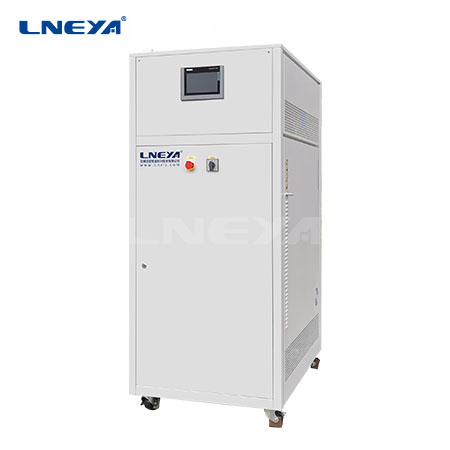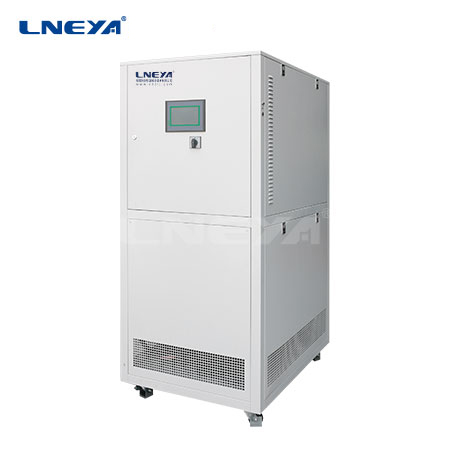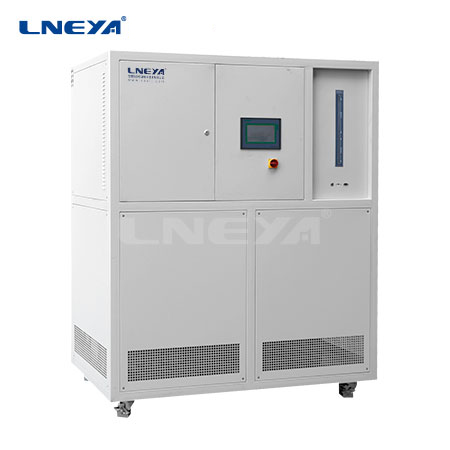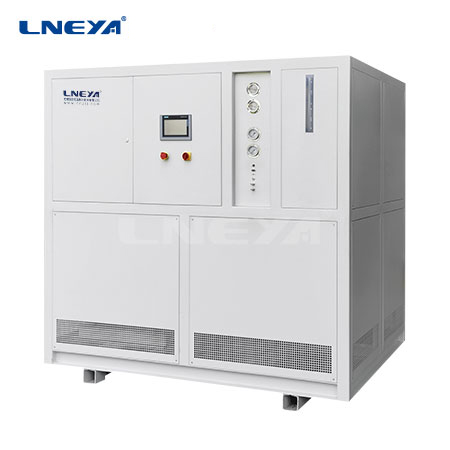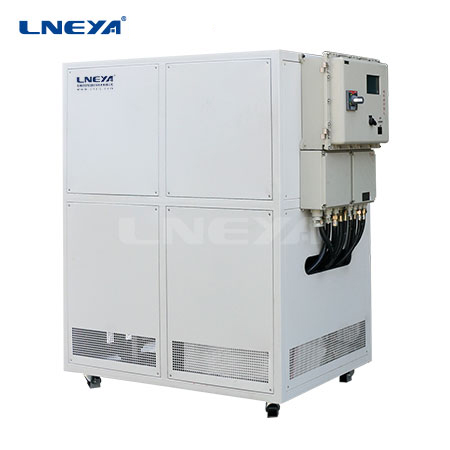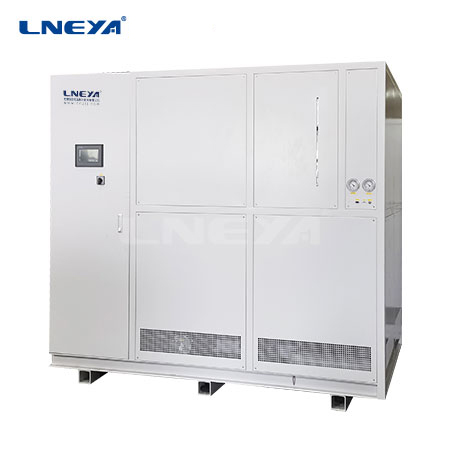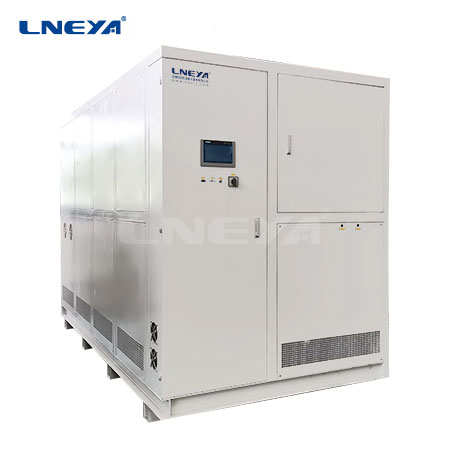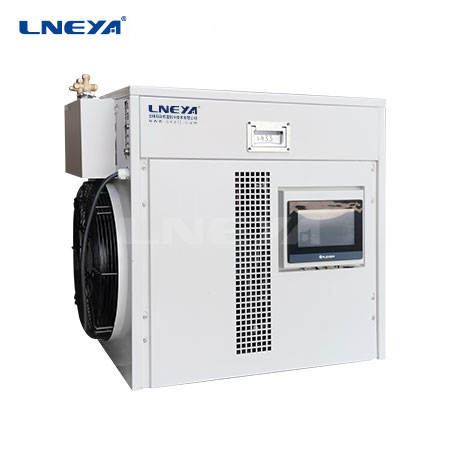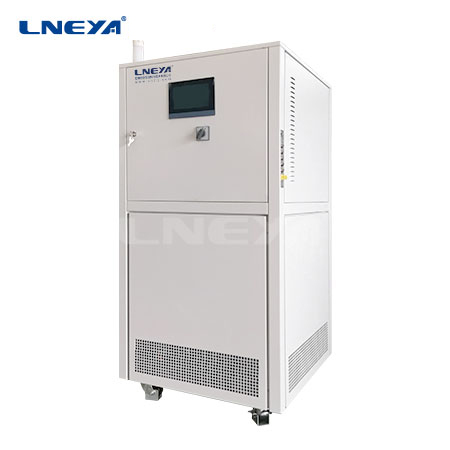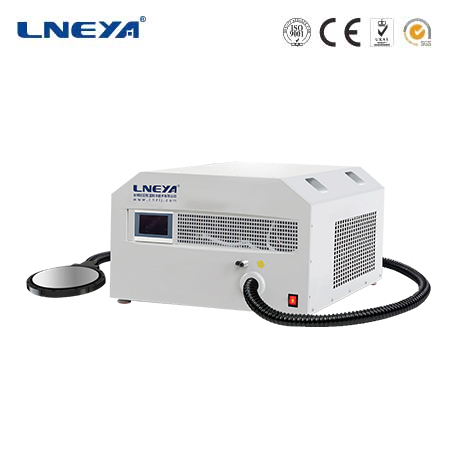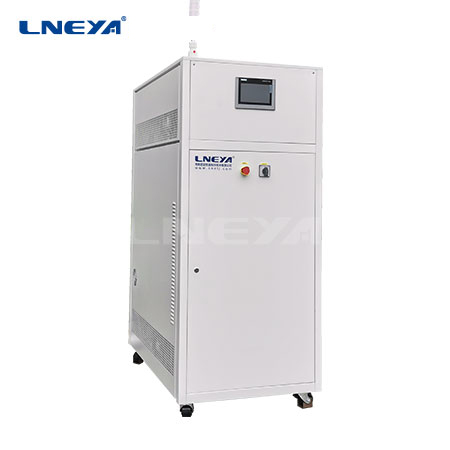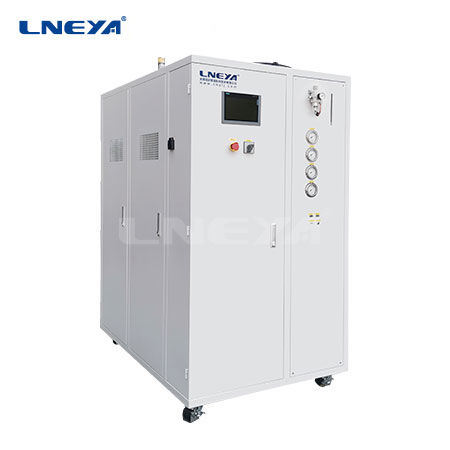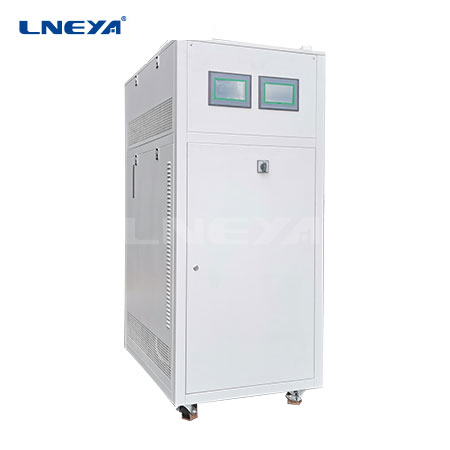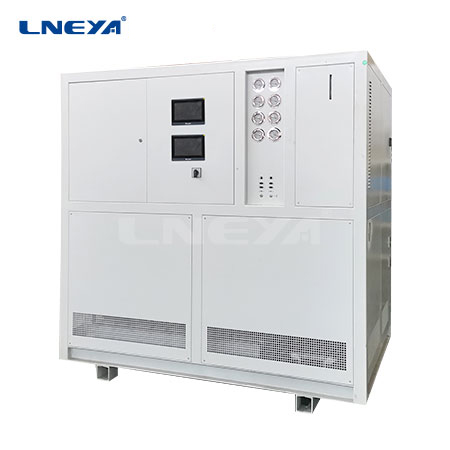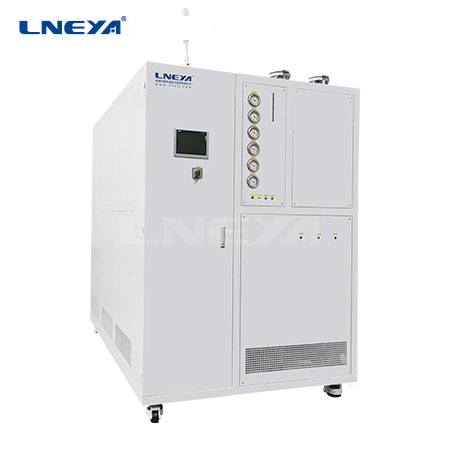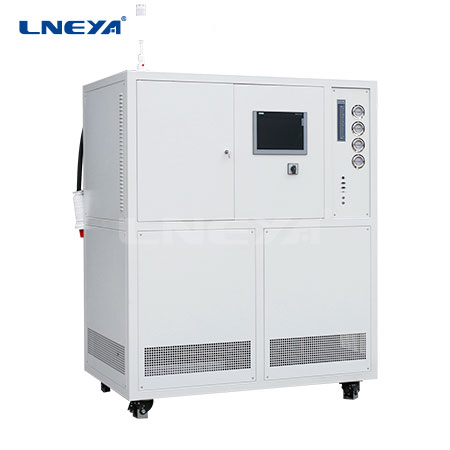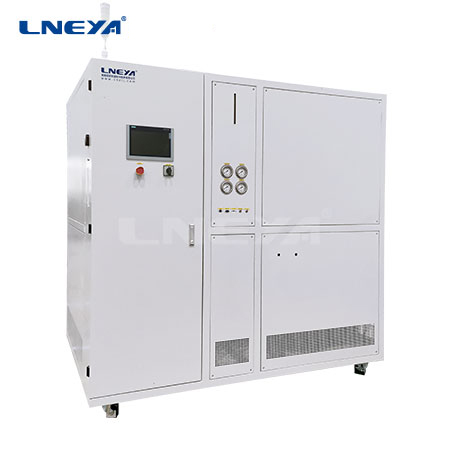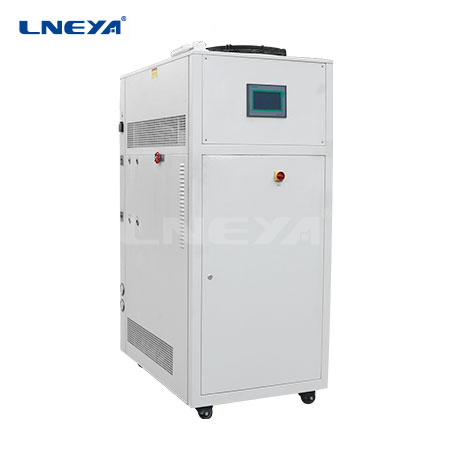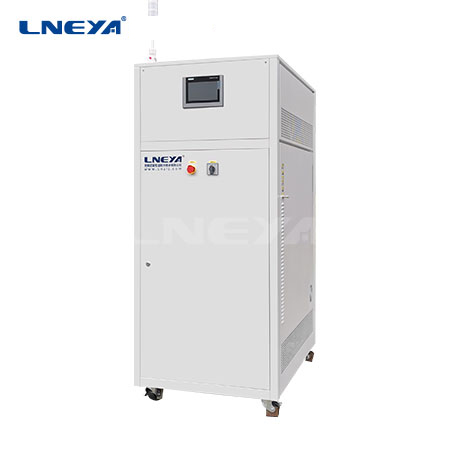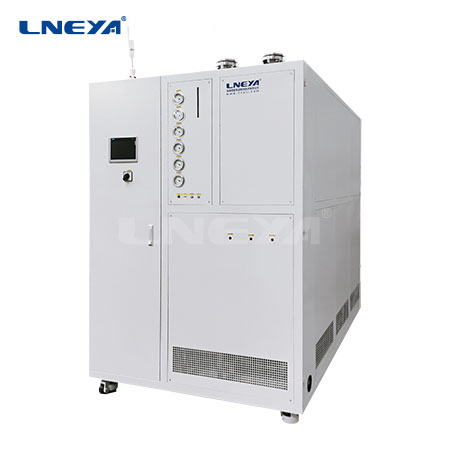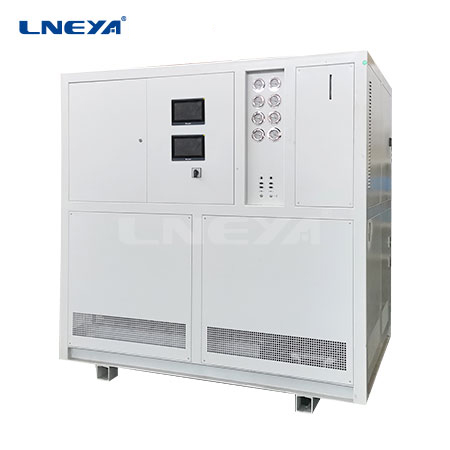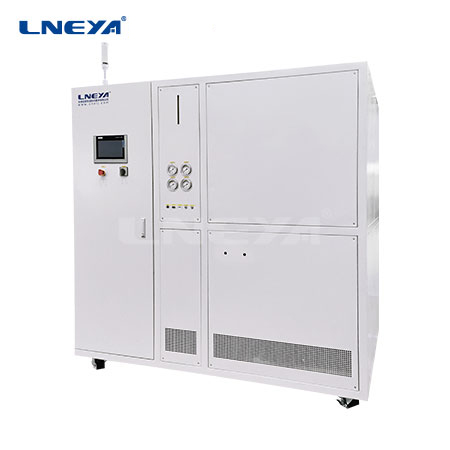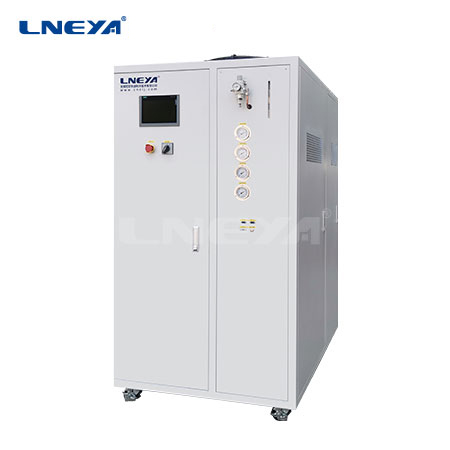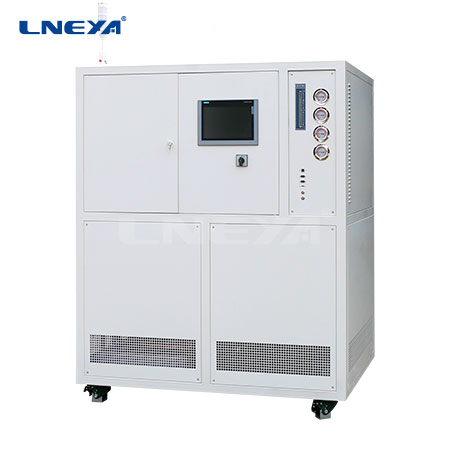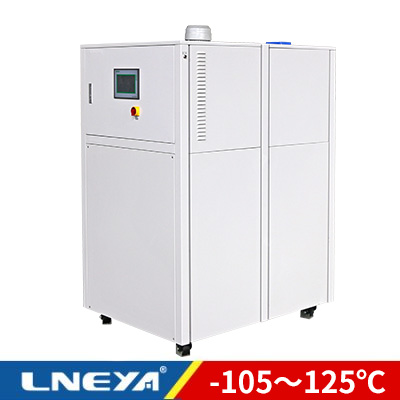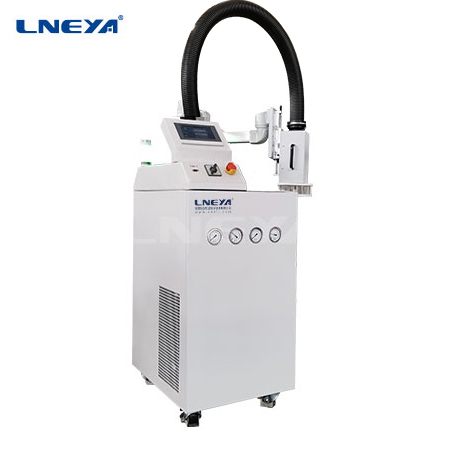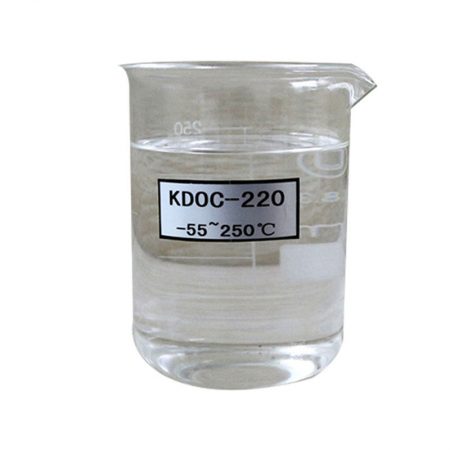REACTORS
A reactor is a device used for chemical reactions, usually consisting of a reactor body, a stirrer, a heating device, a cooling device, and other parts. According to different process requirements, it can be divided into atmospheric pressure reactors, high pressure reactors, vacuum reactors, and other types. It can accommodate chemical reactions under high pressure and high temperature conditions, and can be heated or cooled during the reaction process to adjust the reaction rate and product yield. It is widely used in the fields of pharmaceuticals, polymer industry, organic synthesis, etc., and is an important product in the chemical industry.
Classification of reactors
According to different use conditions and reaction methods, reactors can be divided into various types. The most commonly used ones include:
1. Glass reactor: Made of transparent glass material, it can be used for some light-sensitive reaction substances.
2. Stainless steel reactor: Usually used for acid-resistant, alkali-resistant, and high-temperature resistant reactions, and can be widely used in chemical, pharmaceutical, food and other industries.
3. Titanium alloy reactor: Made of titanium alloy material, it can be used for the reaction of some dangerous chemicals and highly corrosive substances.

Glass reactors

ガラス製リアクター
The glass reactor is made of double glass with high borosilicate as raw material, with high permeability and corrosion resistance. The reaction medium is put into the inner layer for stirring reaction, and different cold and heat sources can be connected to the interlayer for circulating heating or cooling reaction.
| モデル | LR-5 | LR-10 | LR-20 | LR-50 | LR-100 | LR-200 |
| Volume(L) | 5 | 10 | 20 | 50 | 100 | 200 |

ガラス製リアクター
The glass reactor is made of double glass with high borosilicate as raw material, with high permeability and corrosion resistance. The reaction medium is put into the inner layer for stirring reaction, and different cold and heat sources can be connected to the interlayer for circulating heating or cooling reaction.
| モデル | DR-3 | DR-30 | DR-50 | DR-100 | DR-150 |
| Volume(L) | 0.5 ~ 3 | 10 ~ 30 | 10 ~ 50 | 50 ~ 100 | 100 ~ 150 |
Advantages of reactors
1. High efficiency. Multiple reaction steps can be carried out simultaneously, thereby improving the efficiency and yield of the reaction.
2. Safety. It can withstand reactions under harsh conditions such as high pressure and high temperature, avoiding chemical accidents.
3. Stability. It has good temperature and pressure control functions, which can ensure the stability and repeatability of reaction conditions.
4. Resource saving. Reactants and solvents can be recycled, reducing waste costs and environmental pollution.
Applications of reactor
1. Chemical synthesis: In the process of chemical synthesis, it is mainly used to realize various chemical reactions. By controlling the reaction conditions (such as temperature, pressure, concentration, etc.), the raw materials can be fully reacted to generate the target product.
2. Material preparation: In the field of materials science, it is widely used in the preparation process of various materials. For example, the preparation of nanomaterials, the sintering of ceramic materials, the surface treatment of metal materials, etc. all need to be used.
3. Bioengineering: In the field of bioengineering, it is mainly used to realize biochemical reactions such as microbial fermentation and enzyme catalysis. By controlling the reaction conditions, the yield and quality of biological products can be improved. For example, the production of antibiotics, enzyme preparations and other products requires the use of this equipment.
4. Energy development: In the field of energy development, it is widely used in the mining and processing of resources such as oil and natural gas. For example, processes such as oil refining and natural gas desulfurization require it.
5. Environmental protection: In the field of environmental protection, it is mainly used to realize the treatment and purification of pollutants such as wastewater and waste gas. For example, processes such as sewage treatment and waste gas desulfurization.
下記のフォームに必要事項をご記入ください!
Eメール lilia@lneya.com WeChat ID: +8615251628237 WhatsApp: +86 17851209193

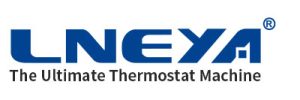 LNEYA
LNEYA
 简体中文
简体中文










